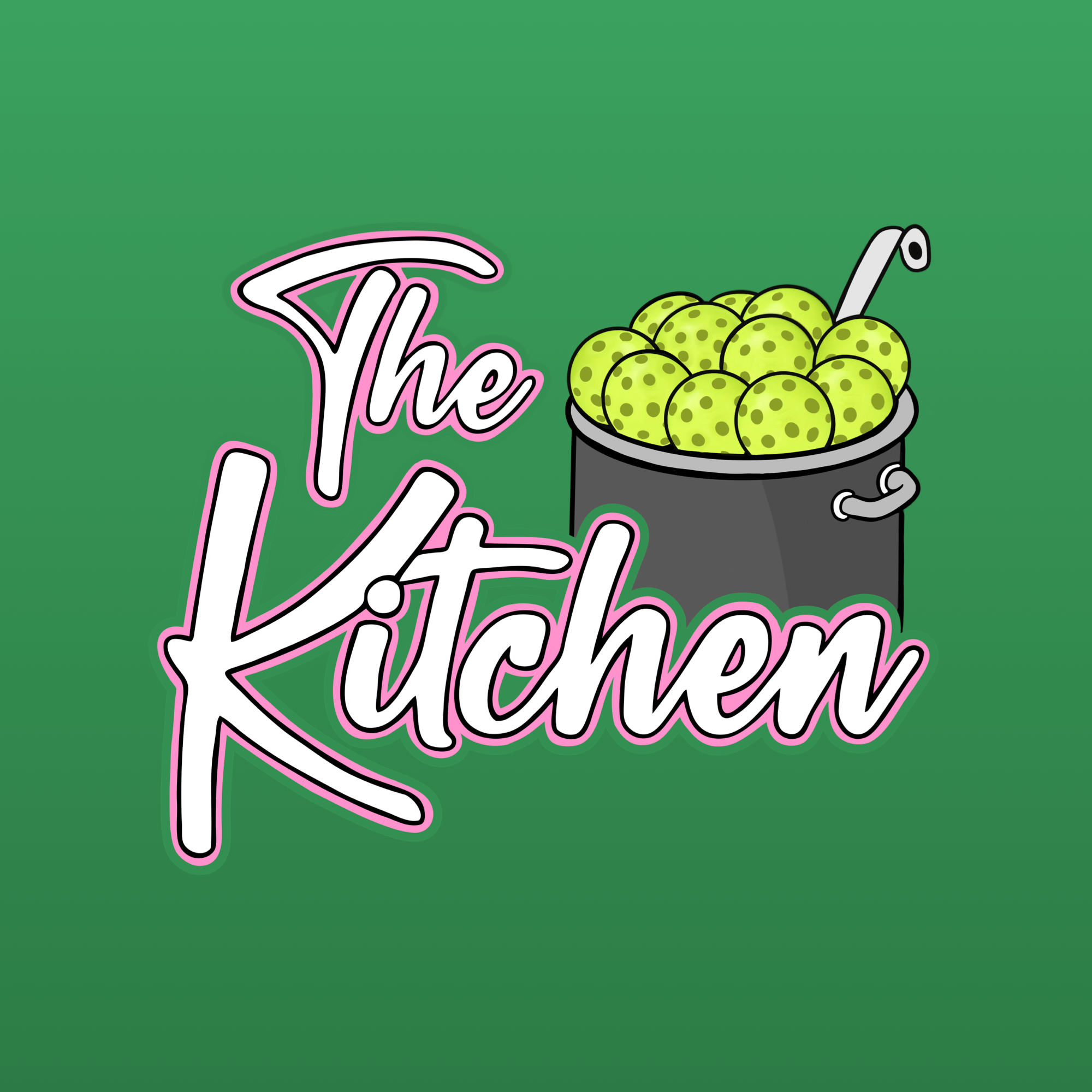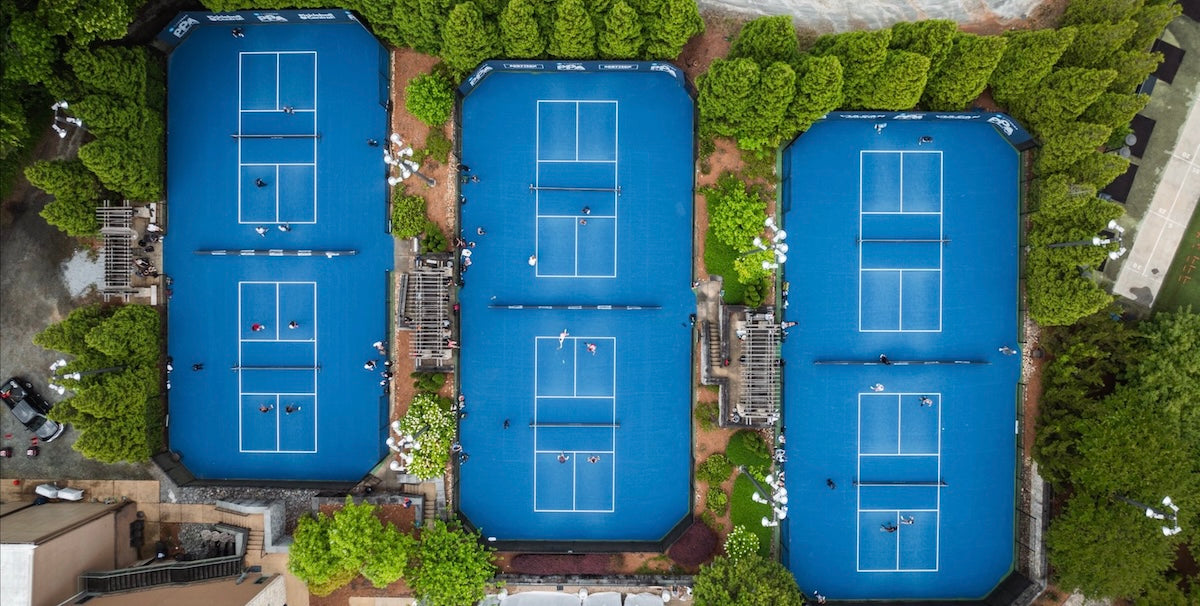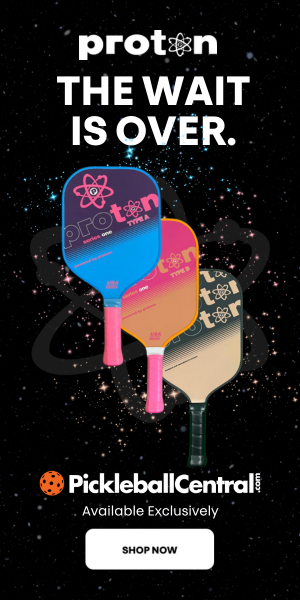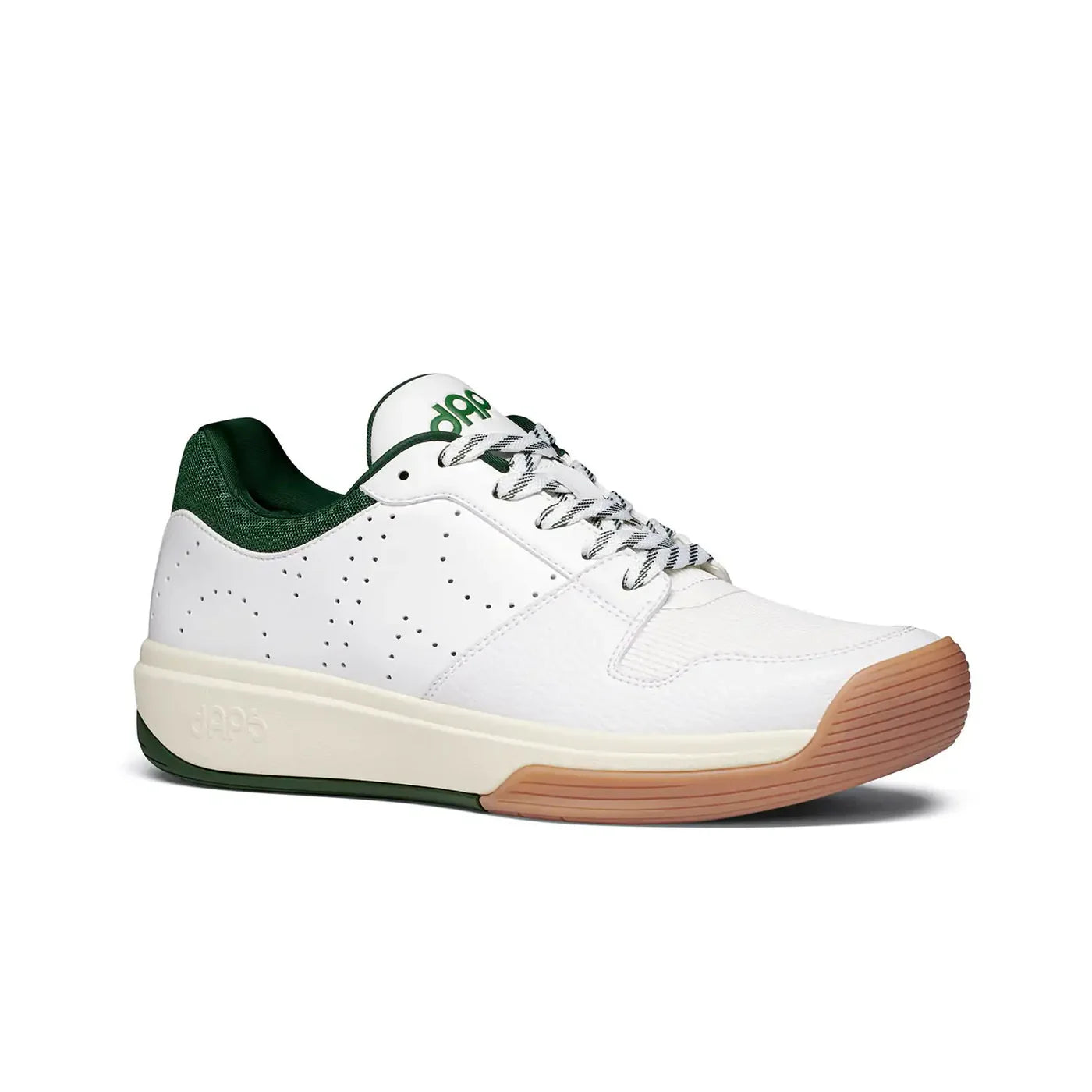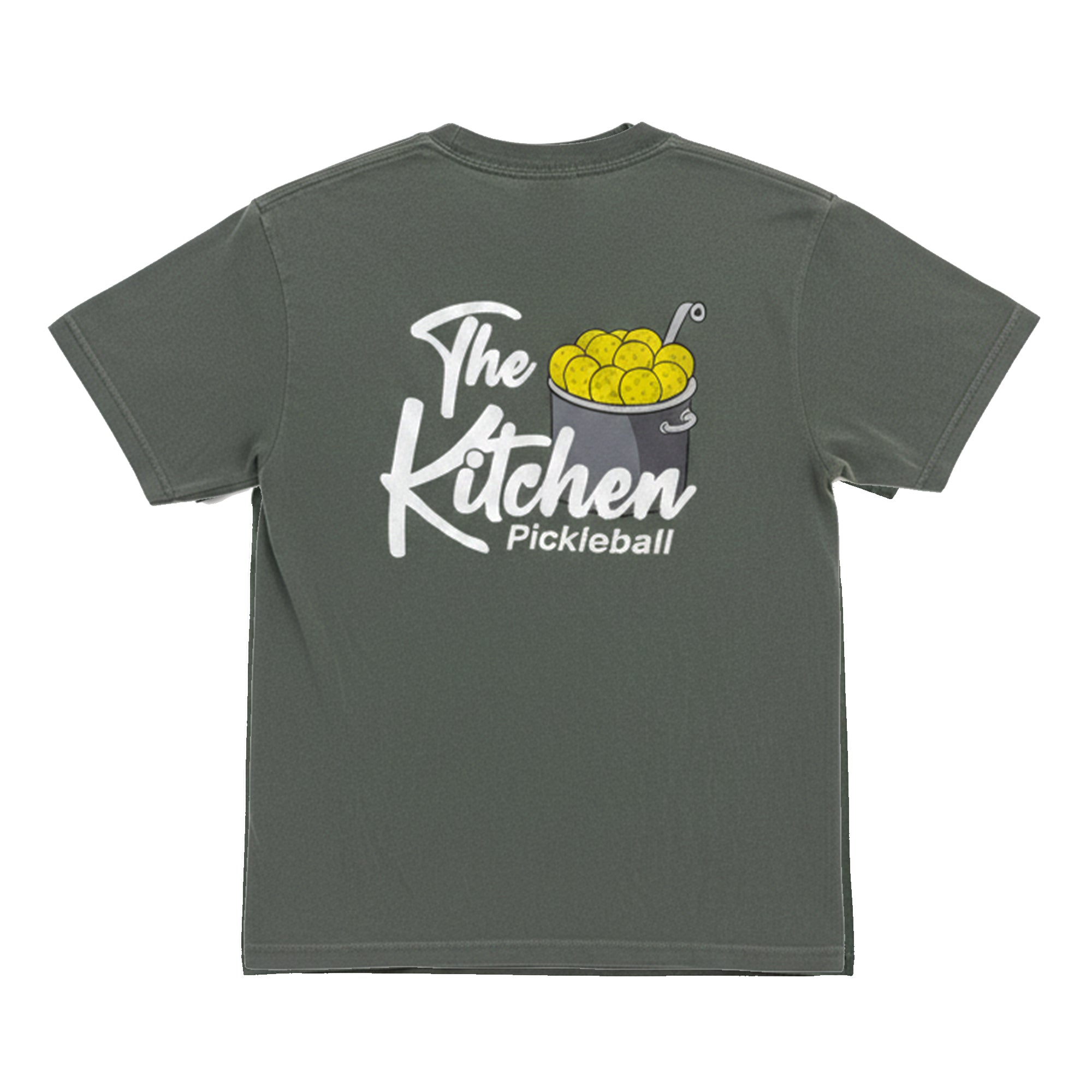New York organization using pickleball to help people with Parkinson's disease
Last Edited
May 20 2025
Category
Community
Roughly 10 million people globally have Parkinson’s disease, a neurological malady that slows movement, tightens muscles, can cause tremors, affects speech, gait and balance.
There is no known cure for the disease, and the prescribed medicine has been the same for decades -- Carbidopa Levodopa, which at best softens the symptoms.
Intense exercise is really the only activity known to slow disease progression, and now for some, so is pickleball. People with the disease who play pickleball report feeling better and inspired when on the court and programs are beginning to emerge that use pickleball as therapy for Parkinson’s.
In New York City, pickleball chain City Pickle donates multiple courts for four hours each week to a 10-month-old group, Pickleball for Parkinson’s, the brainchild of former Brooklyn real estate agent Terence Degnan. He was diagnosed in 2022 and preaches what is for him the gospel of bringing pickleball to Parkinson’s sufferers.
“When I started to play and realized the benefits, the immediate benefits, that pickleball had on my symptoms, I wanted to spread the word to as many people with Parkinson’s as possible,” said Degnan, sitting in a courtside cabana after completing a two hour Pickleball for Parkinson’s session on City Pickle’s Central Park courts. “There's people in Washington and London, in California, in San Diego, there's local groups that have asked to start their own local Pickleball for Parkinson's. So my idea is to meet with a coach at every location, and a couple of players, people with Parkinson's. And start small, because I was small. It started here at City Pickle. Now it's, I think, a regular 30 people every week.”
The first hour of a Pickleball for Parkinson's session is consumed by clinics taught by Degnan and guest instructors, and the second match play. In the non-summer months, play is at City Pickle’s Long Island City location for two hours each week. Currently the play is in Central Park, but last week the program added a second day, in the LIC location. All sessions are free.
The group is notable for its mix of volunteers and those with Parkinson’s. Some days volunteers outnumber the Parkinson’s players, but that is by design: it's a place for those with the disease to blend in and need not worry about people staring because they walk funny or are fighting tremors. Also, the Parkinson’s spectrum is a wide range. Some of Degnan’s players are hunched over and speak in whispers, needing the watchful eyes of multiple volunteers; others are all but indistinguishable from the volunteers or even better at the sport.
Read next: More and more U.S. churches offering pickleball as part of outreach
Gracie Evans is a program volunteer and graduate student at Columbia University studying Narrative Medicine, and is conducting research on the benefits of movement programs for people with Parkinson's disease. Her thesis explores the impact of pickleball (as well as dance) on Parkinson's, finding significant improvements in tremors and overall quality of life.
“A lot of people's expectations of people with Parkinson's may be that they can't do much, and I think this program is changing that, and perhaps changing the beliefs of people and their own abilities with Parkinson's,” she said. “And just some of what I've observed is that it's as much of a mental improvement as it is a physical improvement as well.”
Janet Stark has been living with Parkinson’s for 13 years and comes nearly every week in part for the community that has developed within the group.
“It's more than a game of pickleball, it's a game that involves community,” Stark said after finishing the two hour program. “It makes a big difference … it's an important way for me to be a part of a community. I have a lot of friends, but this is different.”
Pickleball is not the only sport suggested for Parkinson’s patients. There is Rock Steady Boxing, a modified version of the sport designed for Parkinson’s patients. There’s ballroom dancing and even rock climbing adapted for people with Parkinson’s.
Now pickleball is joining that group. Players need hand eye coordination, balance, sudden movements and to think through strategy with their partner; all areas that are challenging for those with Parkinson’s.
“Ideally, I would be able to travel as far and wide as possible and just plant the seed in different locations to start this,” said Degnan, who is a DUPR certified instructor now for City Pickle.
You can follow Pickleball for Parkinson’s on Instagram at @pickleball_for_parkinsons.


